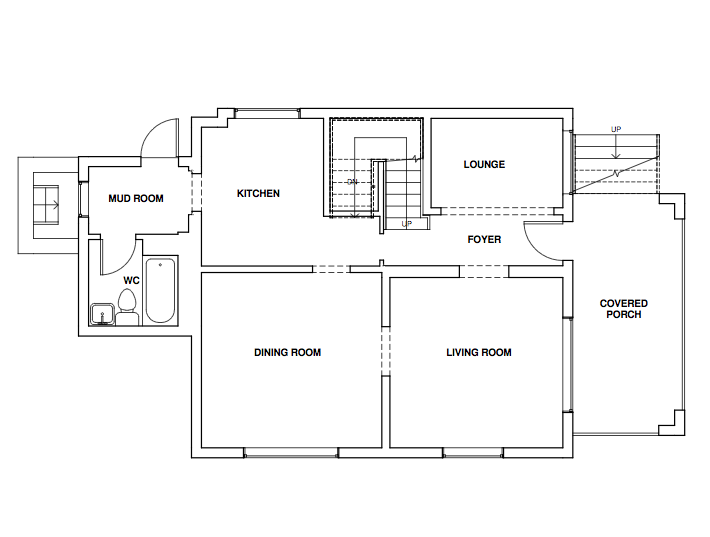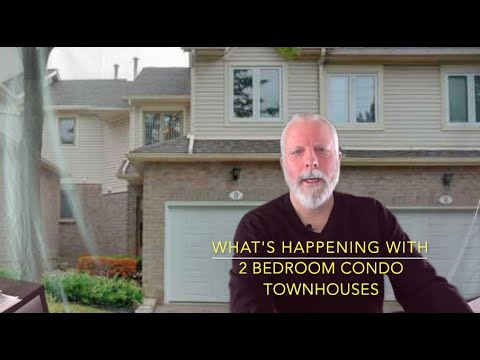 If you’ve run out of space at home, you have a big decision to make – renovate or relocate. Should you move? Build an addition? Raze and rebuild from scratch? According to Money Sense magazine, here are the options.
If you’ve run out of space at home, you have a big decision to make – renovate or relocate. Should you move? Build an addition? Raze and rebuild from scratch? According to Money Sense magazine, here are the options.
There comes a time in every homeowner’s life when he needs to upgrade. Starter homes aren’t meant for long-term living, and when the kids arrive, things quickly start to feel cramped.
At one time, that meant it was time to move, but that’s not the only option. More and more homeowners are opting to build additions instead. Some are even razing their homes and rebuilding from scratch. All three options for upgrading have their pros and cons, but which one makes the most financial sense? MoneySense decided to crunch the numbers to find out.
Buying a new home: Let’s say you want to move from a 1,200-sq-ft starter home in Toronto to a place that’s double the size. You’ll likely be able to sell your existing place for roughly $450,000, and buying a larger house of the same vintage in a similar neighborhood would cost about $700,000. So at first glance, it looks like your upgrade cost is roughly $250,000.
Unfortunately, when you move there are other costs too. Generally, the seller will pay 5% of the purchase price to his realtors, so you’ll pay $22,500 for that. When buying your new place, you’ll also have to pay between $10,000 and $23,000 in land transfer fees, depending on what city you live in. Legal fees, staging your home and home inspections will typically add another $4,500. Take all those costs together, and the price of your upgrade can climb to $300,000.
Of course, if you live in a city where real estate prices are more reasonable, it makes a big difference. For instance in Winnipeg, the total amount you’ll spend on upgrading from a 1,200-sq-ft home to a 2,400-sq-ft home will be more like $200,000.
Total cost: $200,000 to $300,000
Building from scratch: Leveling your existing home and building a bigger house from the ground up has its advantages. You can create a home that’s customized to your family and you don’t have to move neighborhoods. On the other hand, relying on builders to get the place done on time and finding somewhere to live while your new house is being built can be a massive headache.
But what about the cost? Most contractors can build a large home with good quality amenities for about $300 per sq ft, while a more modest home can be built for $225 per sq ft. In our scenario of demolishing a 1,200-sq-ft home and building a new 2,400-sq-ft home, he estimates the total cost to upgrade will be about $790,000. That includes architectural fees, surveying, hydro, landscaping, labor and materials.
Extras like adding a second floor, upgrading to fine finishings or installing state-of-the-art wiring can push that number much higher though. Jeremy Jacobs, a Toronto-based investment property manager, tore down his 1,200-sq-ft home and is in the midst of erecting a 3,500-sq-ft replacement. He’s going for high-end finishings and he says his new place will cost $1 million at least.
Total cost: $790,000+
Building an addition: If you like your location and your existing house, hiring builders to put on an addition is another option. You’ll still have the same hassles of dealing with contractors and potentially finding alternative living arrangements—but it’s much less expensive. For starters, architectural fees will be lower and demolition fees will be cut in half. Plus, you don’t have to build a driveway, and landscaping costs could be reduced. He estimates he could do an addition that increases your square footage from 1,200 to 2,400 for about $400,000.
Total cost: $400,000
The bottom line: The most expensive option by far is knocking down your house and building a new one, according to our scenario. Building an addition is a better deal, but is also pricey. In most cases, packing your bags and moving is less hassle and will save you a big pile of cash.
That’s not to say that you should never renovate. If you absolutely love your location and you live downtown in a big city, the cost difference will likely be less than $100,000, so it might make sense to stay put.





